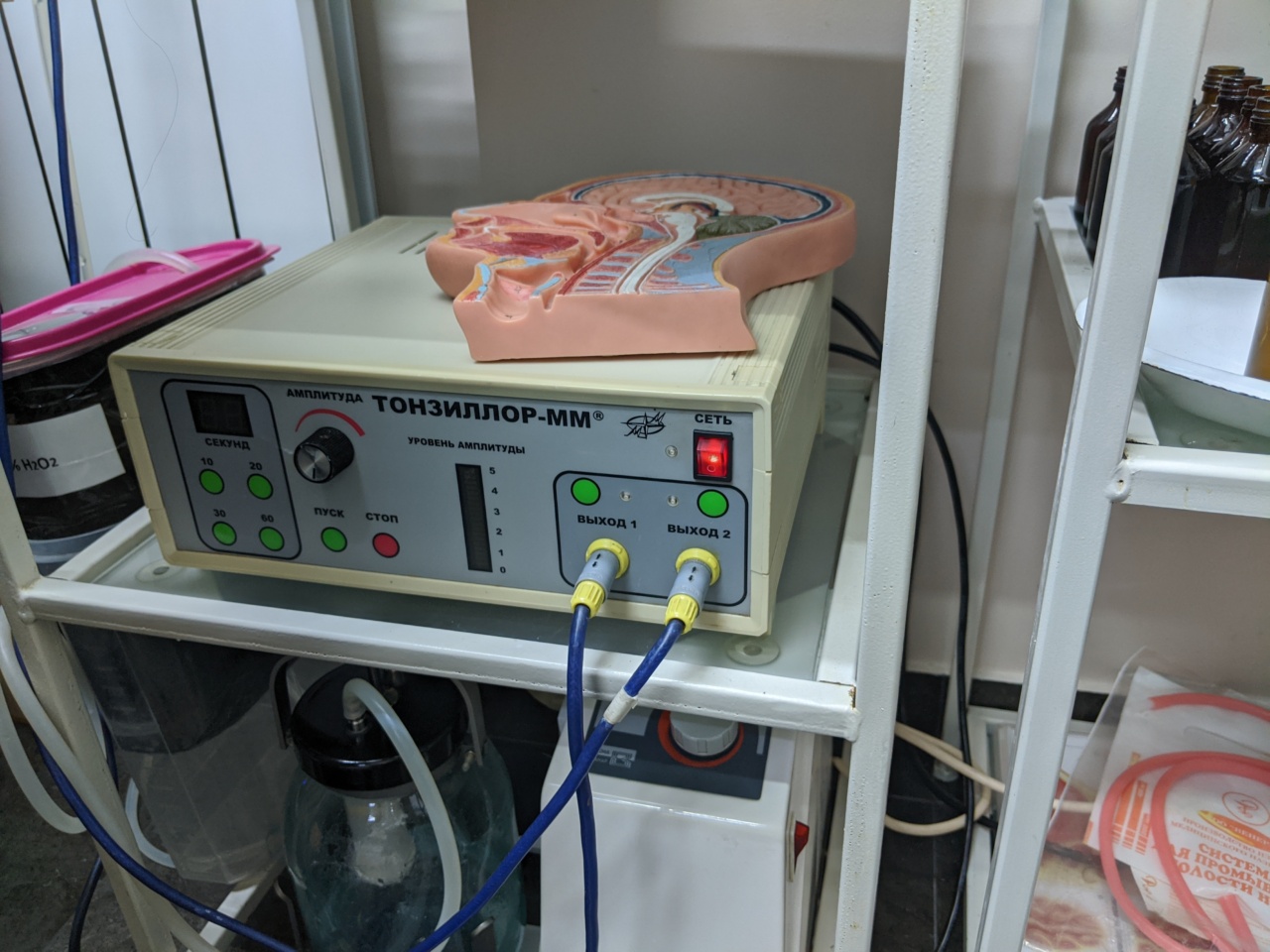Oral hygiene plays a crucial role in maintaining overall health. Poor oral hygiene can lead to a variety of diseases and conditions that not only affect the mouth but can also have widespread implications for the body.
In this article, we will explore seven diseases that are caused by bad oral hygiene and the importance of maintaining good oral health practices.
Gingivitis
Gingivitis is a common gum disease that is primarily caused by the build-up of plaque on the teeth. When plaque remains on the teeth for an extended period, it can lead to inflammation of the gums, resulting in red, swollen, and bleeding gums.
Poor oral hygiene practices, such as irregular brushing and inadequate flossing, can contribute to the development of gingivitis.
Periodontitis
If gingivitis is left untreated, it can progress into periodontitis, a more severe gum disease. Periodontitis occurs when plaque hardens into tartar, leading to the formation of deep pockets between the gums and teeth.
The bacteria in these pockets can cause the gums to recede and the bone supporting the teeth to deteriorate. This can eventually result in tooth loss if not properly treated. Poor oral hygiene is a significant risk factor for periodontitis.
Tooth Decay
One of the most common diseases caused by bad oral hygiene is tooth decay, also known as dental caries or cavities. Tooth decay develops when the bacteria in plaque produce acids that erode the enamel, the outer layer of the teeth.
Inadequate brushing and flossing allow plaque to build up, leading to an increased risk of tooth decay. A diet high in sugary foods and beverages can also contribute to the development of cavities.
Halitosis
Halitosis, commonly known as bad breath, can be a consequence of poor oral hygiene. When food particles are left behind in the mouth, they can gradually break down and release an unpleasant odor.
The bacteria that thrive in the mouth due to inadequate oral hygiene practices can further contribute to this foul smell. Regular brushing, flossing, and tongue cleaning are essential for combating halitosis.
Oral Infections
When oral hygiene is neglected, the mouth becomes a breeding ground for harmful bacteria, leading to the development of oral infections.
Common infections include oral thrush, a fungal infection characterized by white patches on the tongue and inside the cheeks, and herpes simplex virus infections, which cause cold sores and fever blisters. Proper oral hygiene can help prevent the occurrence of these infections.
Cardiovascular Disease
A growing body of research suggests a link between poor oral health and cardiovascular disease. The bacteria present in gum disease can enter the bloodstream and cause inflammation in other parts of the body, including the arteries.
This inflammation can contribute to the development of cardiovascular conditions such as coronary artery disease and an increased risk of heart attacks and strokes. Maintaining good oral hygiene may therefore lower the risk of cardiovascular disease.
Respiratory Infections
Poor oral hygiene can also have implications for the respiratory system. Bacteria from the mouth can be inhaled into the lungs, leading to respiratory infections such as pneumonia and acute bronchitis.
Regular brushing, flossing, and maintaining a clean mouth can help prevent the presence of harmful bacteria in the respiratory tract.
Conclusion
Good oral hygiene is vital for overall health and can help prevent various diseases and conditions.
Gingivitis, periodontitis, tooth decay, halitosis, oral infections, cardiovascular disease, and respiratory infections are among the many diseases that can be caused by bad oral hygiene. By establishing a regular oral care routine that includes brushing, flossing, and regular dental check-ups, individuals can greatly reduce their risk of developing these oral health problems.

























